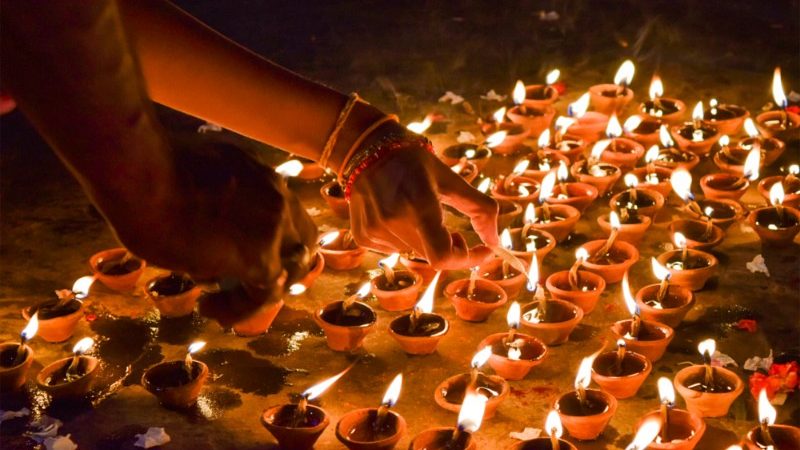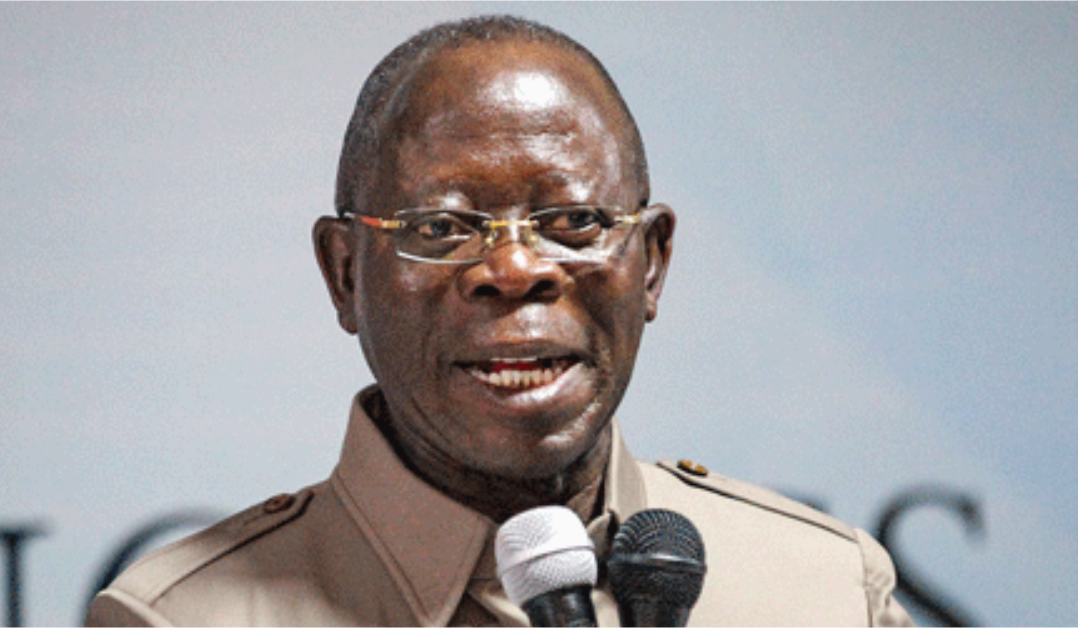Diwali, often called the Festival of Lights, is one of the most important and widely celebrated festivals in India. It represents the victory of light over darkness and good over evil. Every year, millions of people across India and around the world light oil lamps, decorate their homes, exchange gifts, and enjoy delicious sweets.
The word Diwali comes from the Sanskrit term Deepavali, which means “a row of lights.” This festival usually lasts for five days, with each day having its own special significance. Because it follows the lunar calendar, the dates change each year but usually fall between October and November.
The Story Behind Diwali
The origins of Diwali come from several stories rooted in Indian mythology. In northern India, it celebrates the return of Lord Rama to Ayodhya after defeating the demon king Ravana. According to the epic Ramayana, the people of Ayodhya welcomed Rama, Sita, and Lakshmana home by lighting rows of clay lamps.
In southern India, Diwali honors the victory of Lord Krishna over the demon Narakasura. Meanwhile, in western India, it marks the day when Lord Vishnu sent the demon King Bali to rule the underworld. Regardless of the story, the message remains the same: light triumphs over darkness, and good always wins over evil.
How Diwali Is Celebrated
People begin preparations several days before the festival. Homes are cleaned, repainted, and decorated with bright lights, candles, and rangoli colorful floor designs made from rice flour or flower petals. Families also buy new clothes, prepare traditional meals, and share sweets with neighbors and friends.
On the main day of Diwali, families perform Lakshmi Puja, a prayer dedicated to the goddess of wealth and prosperity. Afterward, fireworks fill the sky, symbolizing joy and celebration. Because Diwali is also a time for giving, many people donate food or clothes to the less fortunate.
The Global Significance of Diwali
Today, Diwali is celebrated not only in India but also in countries like Nepal, Malaysia, Singapore, and the United Kingdom. In fact, major cities such as London, New York, and Toronto host public Diwali festivals that bring communities together. This global recognition shows how Diwali’s message of hope and renewal continues to inspire people everywhere.
Conclusion
Diwali is more than a festival; it is a reminder that kindness, faith, and goodness always prevail. As millions of lights shine across cities and homes, they reflect the universal belief that no matter how dark life may get, light will always return.
Bonus Read: Thousands Celebrate Oromos’ Irreecha Thanksgiving in Ethiopia



